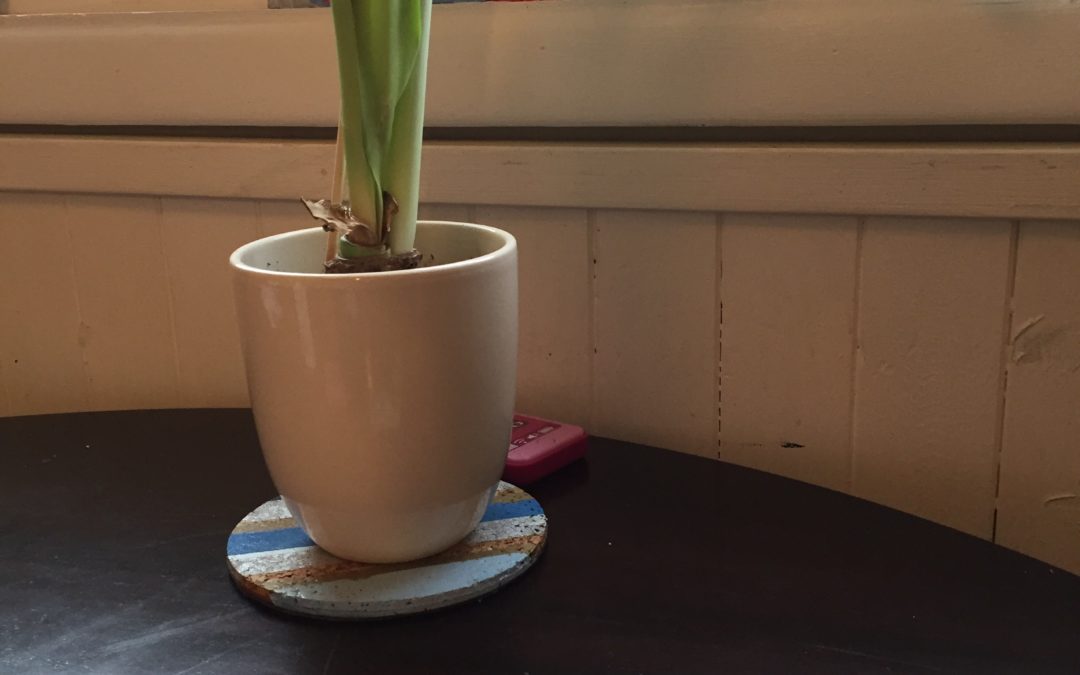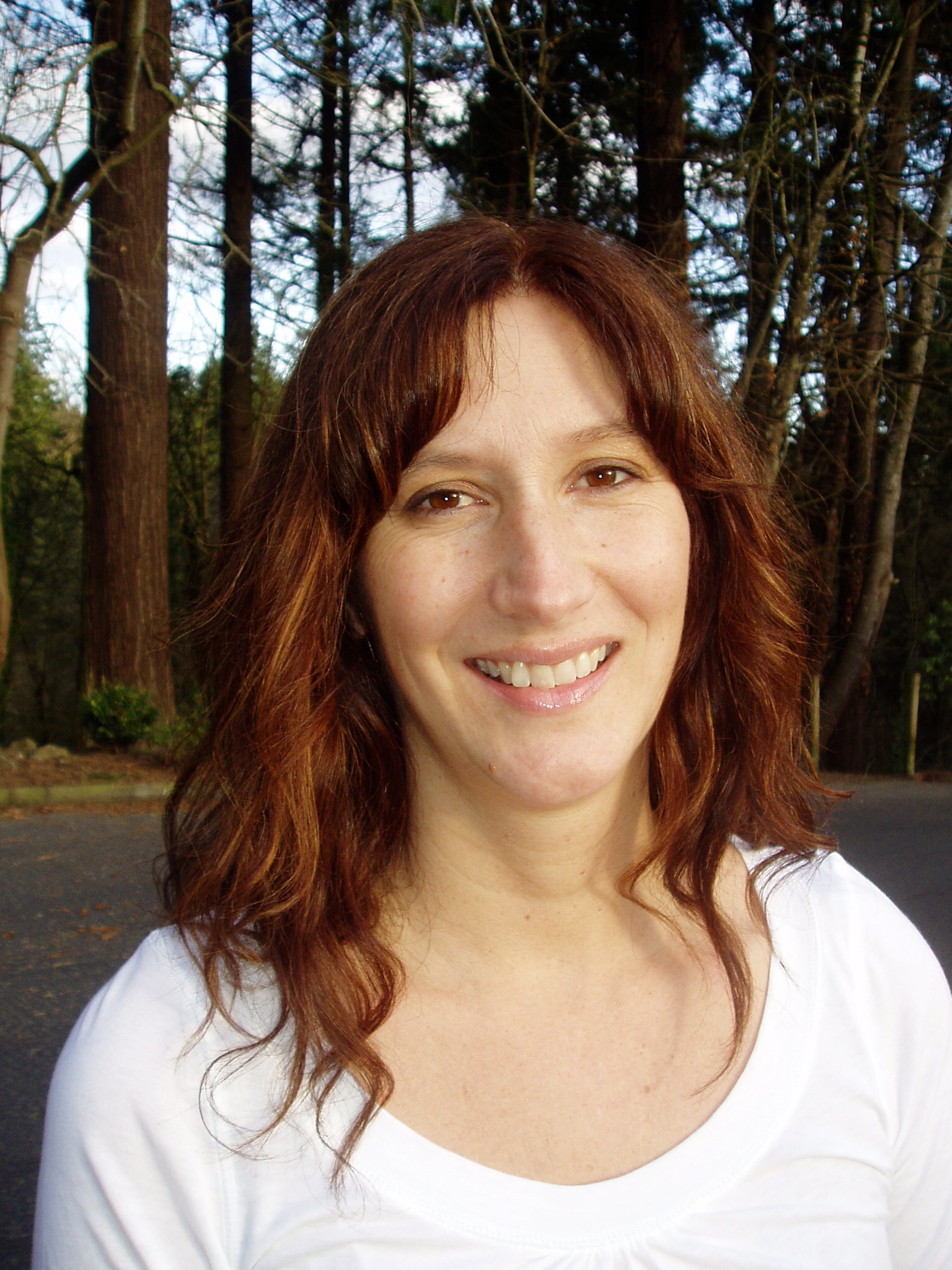 I’ve recently been traveling around Oregon, leading a Conversation Project for Oregon Humanities. The conversation asks the question, “How Much Inequality is Acceptable?” A lot of people have been turning out for it, and the conversations are really interesting. Oregonians have a lot to say about the changes they have seen in their lifetimes in terms of economic inequality. You can find a full schedule and more information about the Conversation Project here. You can hear my interview with Jefferson Public Radio about it here.
I’ve recently been traveling around Oregon, leading a Conversation Project for Oregon Humanities. The conversation asks the question, “How Much Inequality is Acceptable?” A lot of people have been turning out for it, and the conversations are really interesting. Oregonians have a lot to say about the changes they have seen in their lifetimes in terms of economic inequality. You can find a full schedule and more information about the Conversation Project here. You can hear my interview with Jefferson Public Radio about it here.
A lot of talk focuses on loss of opportunity for the lower and middles classes, and more importantly, some say, the loss of power we’ve seen in the last many years for the middle class and the middleman. Plenty of people focus on the governmental role in maintaining a dynamic, creative kind of capitalist competition that enables– rather than destroys–community. What does that look like? We keep coming back to that.
The Conversation Project is inspiring. It’s amazing to see people coming out in their local communities to talk about how things are going for them, what they think, and how we might work to address the stresses that our communities are feeling. It is especially, and always, inspiring to see that most people have a lot of compassion for others and that the hateful speech and bigotry we see in the media seems to not show its face in these talks at all.
People do seem mad about how dysfunctional our government is, and they do seem mad about big wealth and corporate interests overtaking the other voices in American public policy. They don’t seem to be mad at each other, at least not in these conversations.
My favorite metaphor so far came from a man in Grants Pass. He told a story about his childhood. When he was young he lived in a neighborhood where there were lots of families. These families got together almost every weekend, sharing dinners, the kids bouncing between the different houses–playing and having fun. It was nothing fancy, but it was good. Then, one family started to get more money. They got a boat, and got more. He was fuzzy on what happened after that, but generally felt that the one family getting more broke down the community, until it disappeared. This story seemed to hit on something essential that is hard to quantify in numbers and statistics. I think we forget how money has consequences. We are told that having more is better. The boat is good, right? Fun? Better? But sometimes more turns into less for people, but there is no way back to less. You have your more and you have to like it, because you worked hard for it. But communities require balance, and a bigger home doesn’t mean more love or a better life. It can, but it also sometimes doesn’t. It’s my belief that making good decisions in life might mean taking these things into account.

